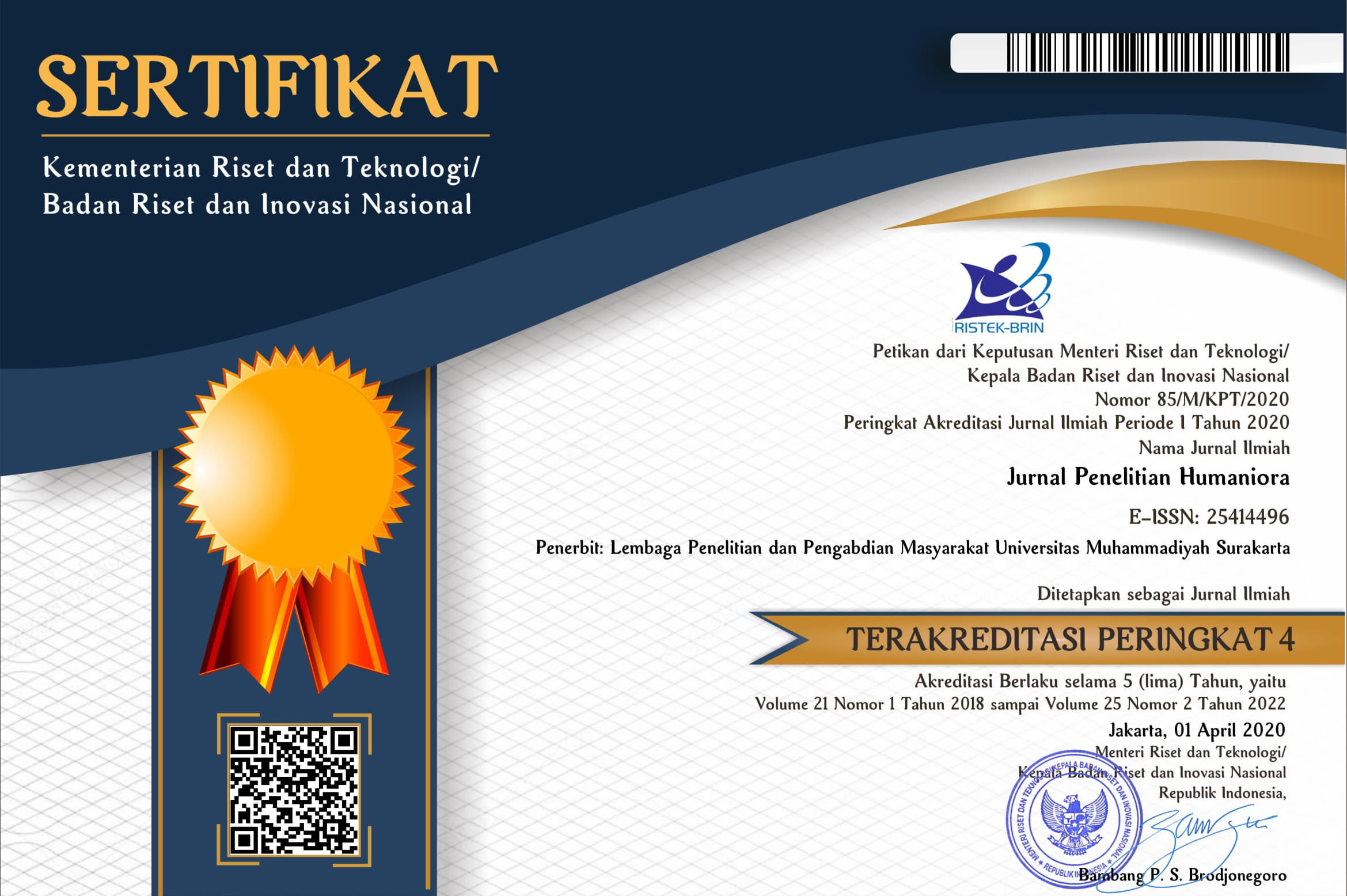Publication Ethics
The following duties outlined for editors, authors, and reviewers are based on the Committee of Publication Ethics (COPE) Code of Conduct and Best Practice Guidelines for Journal Editors and the Code of Conduct for Journal Publishers and covers Code of Conduct for Authors, Reviewers, Editors.
Duties of the Authors
- Authors should present an accurate account of their original research as well as an objective discussion of its significance. Manuscripts will follow the submission guidelines of the journal.
- Have the responsibility of ensuring only new and original work is submitted.
- Authors must not submit the same manuscript to more than one journal concurrently. It is also expected that the author will not publish redundant manuscripts or manuscripts describing the same research in more than one journal.
- Must not submit any articles that are being reviewed or considered by the journal to other journals simultaneously.
- Authors should acknowledge all sources of data used in the research and cite publications that have been influential in the research work.
- Authorship should be limited to those who have made a significant contribution to conception, design, execution or interpretation of the reported study. Others who have made significant contribution must be listed as co-authors. Authors also ensure that all the authors have seen and agreed to the submitted version of the manuscript and their inclusion of names as co-authors.
- Authors should provide raw data related to their manuscript for editorial review and must retain such data.
- If at any point of time, the author(s) discovers a significant error or inaccuracy in submitted manuscript, then the error or inaccuracy must be reported to the editor.
- Are only allowed to publish their work elsewhere after receiving a formal rejection from the journal or if their request to withdraw their work is officially accepted by the journal.
- Should make significant contributions and be held accountable for any shortcoming in their work.
Duties of the Reviewers
- Information regarding manuscripts submitted by authors should be kept confidential and be treated as privileged information.
- Can refuse to review any submission due to a conflict of interest or inadequate knowledge.
- Manuscript reviewers must ensure that authors have acknowledged all sources of data used in the research. Any kind of ethical misconduct, similarity, or overlap between the manuscripts under consideration or with any other published paper of which reviewer has personal knowledge must be immediately brought to the editor's notice.
- Review of submitted manuscripts must be done objectively, fairly, and the reviewers should express their views clearly and professionally with supporting arguments.
- Must disclose any competing interest before agreeing to review a submission.
- In the event that a reviewer feels it is not possible for him/her to complete review of manuscript within stipulated time then this information must be communicated to the editor, so that the manuscript could be sent to another reviewer.
- Should ensure the originality of a submission and be alert to any plagiarism and redundant publication.
- Must not discuss the content of the submission without permission.
- Adhere to the time allocated for the review process. Requests for extension to review the submission is at the discretion of the Editor-in-Chief.
Duties of the Editors
- Based on the review report of the reviewer, the editor can accept, reject, or request modifications to the manuscript.
- Each editor must ensure that each manuscript is initially evaluated by the editor for originality, making use of appropriate software to do so. Following desk review, the manuscript is forwarded blind peer review to the editorial review board who will make a recommendation to accept, reject, or modify the manuscript.
- The editor must ensure that each manuscript received by Jurnal Penelitian Humaniora is reviewed for its intellectual content without regard to sex, gender, race, religion, citizenship, etc. of the authors.
- The editor must ensure that information regarding manuscripts submitted by the authors is kept confidential.
- The editor will not use unpublished materials disclosed in a submitted manuscript for his/her own research without written consent of the author
Duties of the Editor-in-Chief
- Evaluate manuscripts fairly and solely on their intellectual merit.
- Ensure confidentiality of manuscripts and not disclose any information regarding manuscripts to anyone other than the people involved in the publishing process.
- Has the responsibility to decide when and which articles are to be published.
- Actively seek the views of board members, reviewers and authors on how to improve/ increase the image and visibility of the journal.
- Give clear instructions to potential contributors on the submission process and what is expected of the authors.
- Ensure appropriate reviewers are selected/ identified for the reviewing process
Disclaimer
The Editors of Jurnal Penelitian Humaniora make every effort to ensure the accuracy of all the information (the “Content”) contained in its publications. However, the Editors make no representations or warranties whatsoever as to the accuracy, completeness or suitability for any purpose of the Content and disclaim all such representations and warranties whether express or implied to the maximum extent permitted by law. Any views expressed in this publication are the views of the authors and are not necessarily the views of the Editors.











